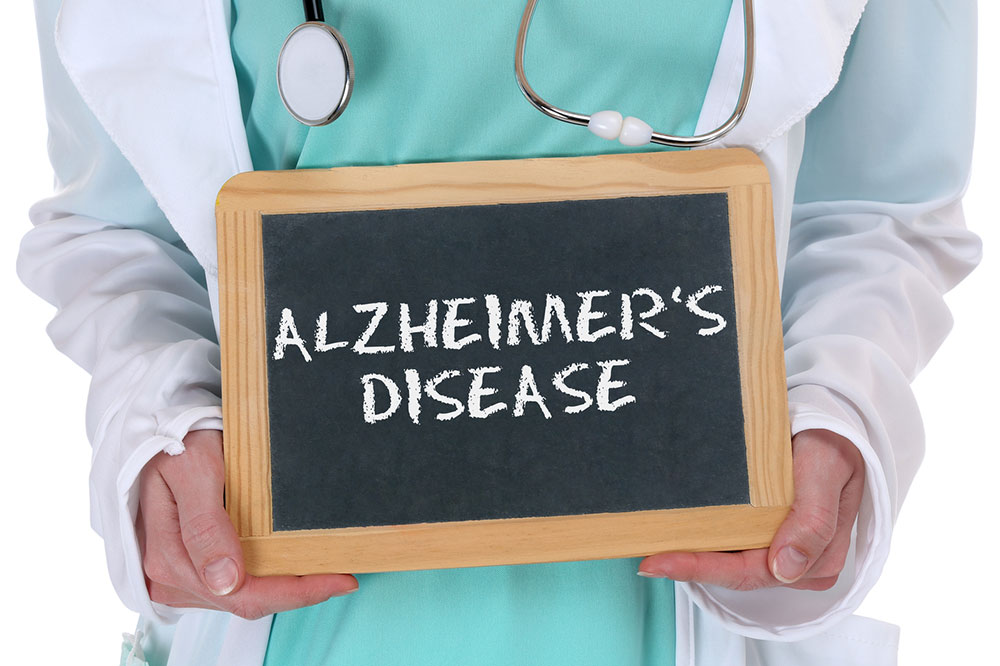A comprehensive guide on Alzheimer’s disease
Alzheimer’s disease, a neurological condition, causes brain cells to die. It is a debilitating illness that starts with memory loss and cognitive decline caused by brain cell damage. It is one of the most common forms of dementia with nearly 80 percent of dementia cases starting with Alzheimer’s disease. More than 5 million people are diagnosed with Alzheimer’s disease annually. The disease progresses in stages and symptoms become severe over time. Here are a few important things to know about Alzheimer’s disease.
Various stages
As mentioned above, Alzheimer’s disease is a neurodegenerative disorder. According to the Alzheimer’s Association, there are seven stages based on the severity of the symptoms.

Common symptoms
One of the earliest symptoms of Alzheimer’s disease is cognitive loss, which causes memory loss.
Common causes
According to research, there is no specific cause of Alzheimer’s disease. Doctors are in the dark as to what causes this neurodegenerative disease. Based on most studies, there are several factors that may lead to Alzheimer’s with one of the common factors being age. Usually, older adults are more susceptible to Alzheimer’s disease. Another cause is genetics, which is a family history of Alzheimer’s. Some other common underlying factors include high blood pressure, high cholesterol, and heart disease.
Common diagnosis methods
There are no screening tests to detect Alzheimer’s disease, it is usually diagnosed based on early symptoms. Doctors also look into a patient’s family and medical history. Apart from these, a patient’s senses, balance, and reflexes, that is overall neurological functions are also examined. In certain cases, doctors may suggest genetic testing, blood and urine tests, CT scans, and MRI scans.
Well-known treatments
Alzheimer’s disease is not curable as there are no medications or treatments for a complete cure. Therapies, medications, and treatments are used to help a person live a life that is as close to normal as possible. Medications and therapies help to alleviate the effects of the various symptoms. In some cases, treatments can also slow down progression of the disease.

